The Flâneuse: Walking in London and Paris
We speak of things like ships, cities, and even the earth itself as female, yet men are so often the ones confidently plodding through these spaces, conquering them as they would a female body.
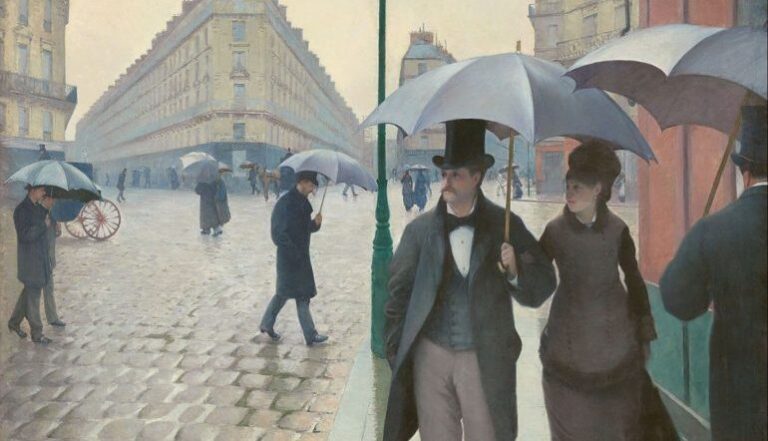
We speak of things like ships, cities, and even the earth itself as female, yet men are so often the ones confidently plodding through these spaces, conquering them as they would a female body.
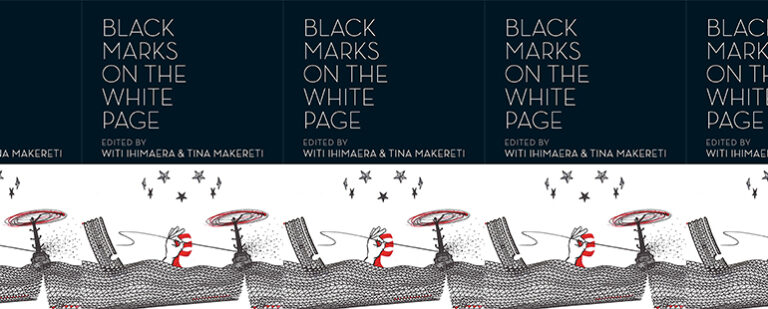
This Asian and Pacific Islander Heritage month, Julia Shiota turns to Witi Ihimaera and Tina Makereti’s 2017 anthology, which makes clear that those who identify as Pacific Islander come from a wide array of places and experiences.
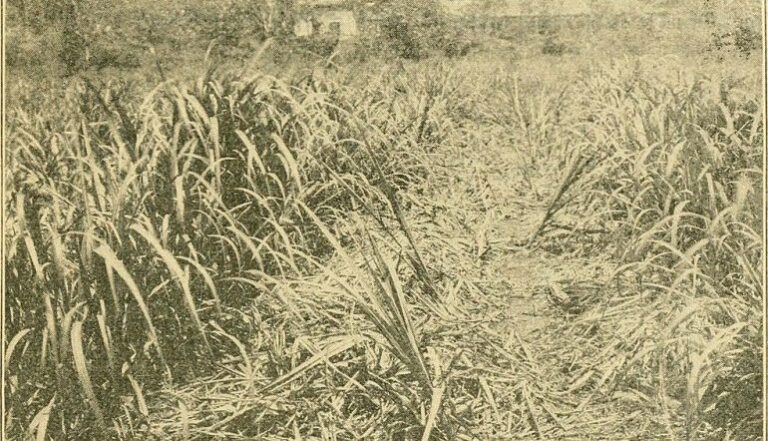
The image, from “Blood-Burning Moon,” of cane becoming only more pungent and pervasive after being burned (“the scent of cane came from the copper pan and drenched the forest and the hill that sloped to factory town”) is a fitting metaphor for Toomer’s legacy.
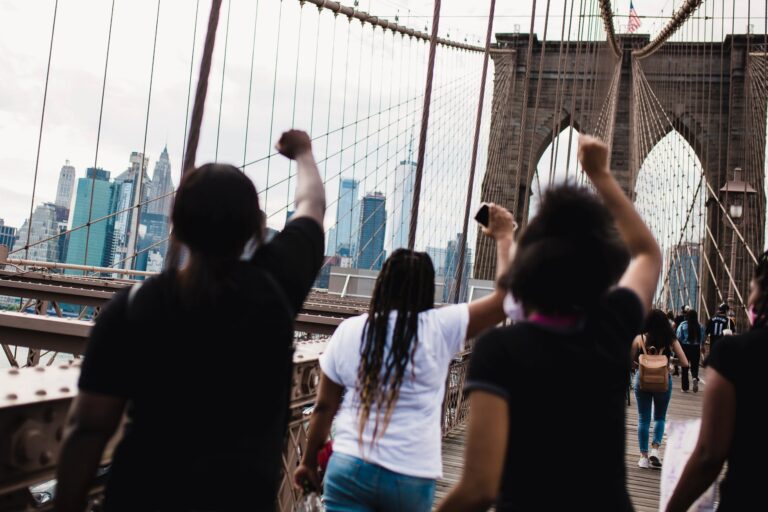
The art of literacy may not be aggressive, but as Madison Petaway and Akilah Toney, two poets included in a recent New York Times feature, show, it can be assertive, assured, and bold.
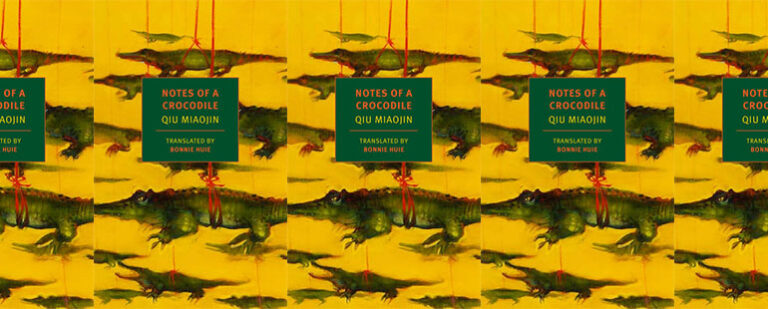
Qiu was daring enough to be the first to portray queer relationships in Asian literature, and her first novel has become something of a cult classic due to its transgressive nature. Its literary merit does not, however, merely rest on its ground-breaking laurels.
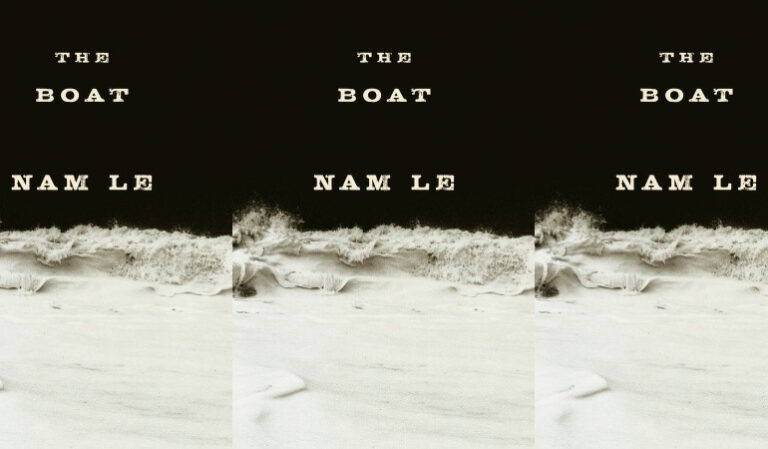
Questions about “ethnic literature,” its place, and its limits permeate Nam Le’s 2008 short story collection. As he interrogates the term as a sweeping generalization for many kinds of writing, he also explores the conflict around what it means to be Vietnamese and a writer but not necessarily a Vietnamese writer.
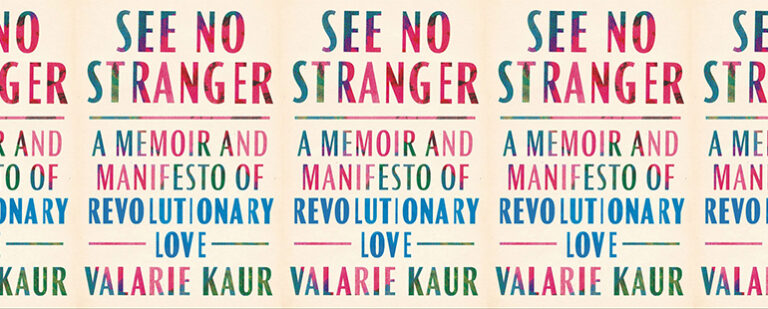
Valarie Kaur’s vision for change gathers up opponents into a story, refiguring them as members of one human family.
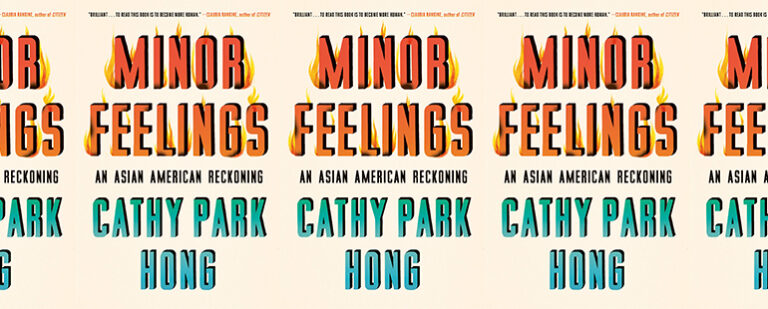
Though published in 2020 before the advent of the pandemic and the racial unrest that marked the year, Cathy Park Hong’s collection of essays explores the complexities of Asian American identity in ways that speak to the conversations around racial identity and solidarity that continue into 2021.
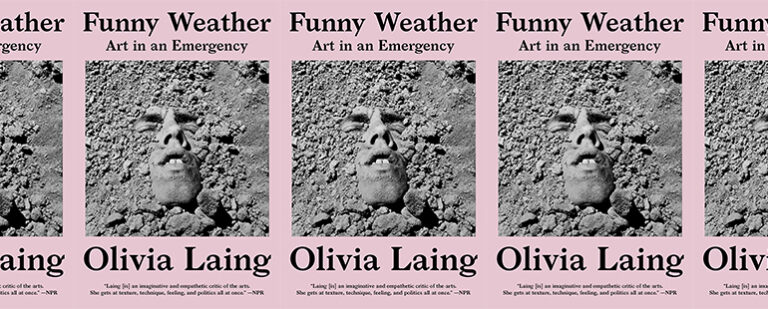
In the face of urgent calls for social action, Olivia Laing’s 2020 collection of criticism makes a case for art’s slow, subtle efficacy. And in her acuity as a critic, she demonstrates that not only art, but writing about art, can be a powerful agent of social change.
No products in the cart.